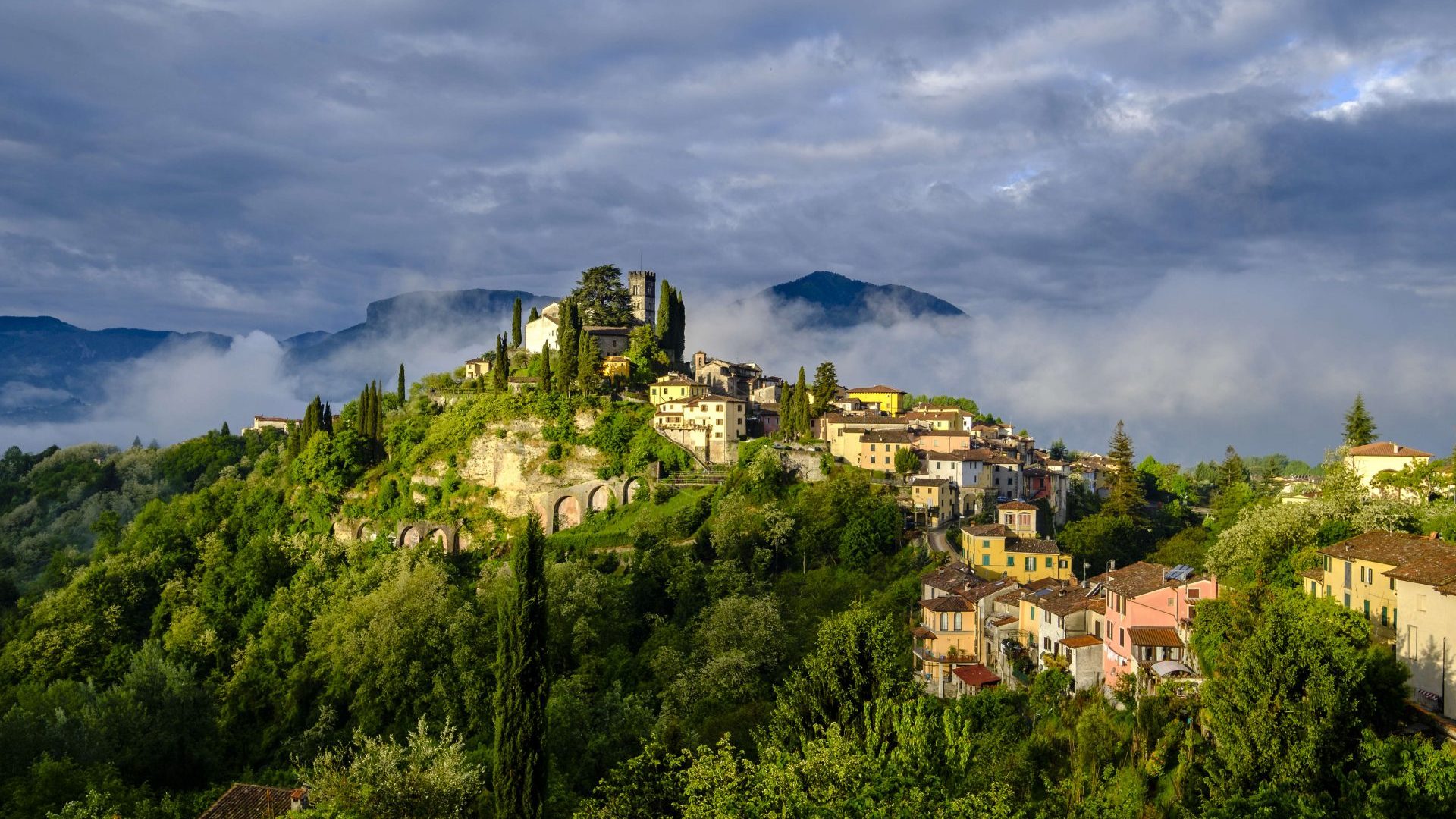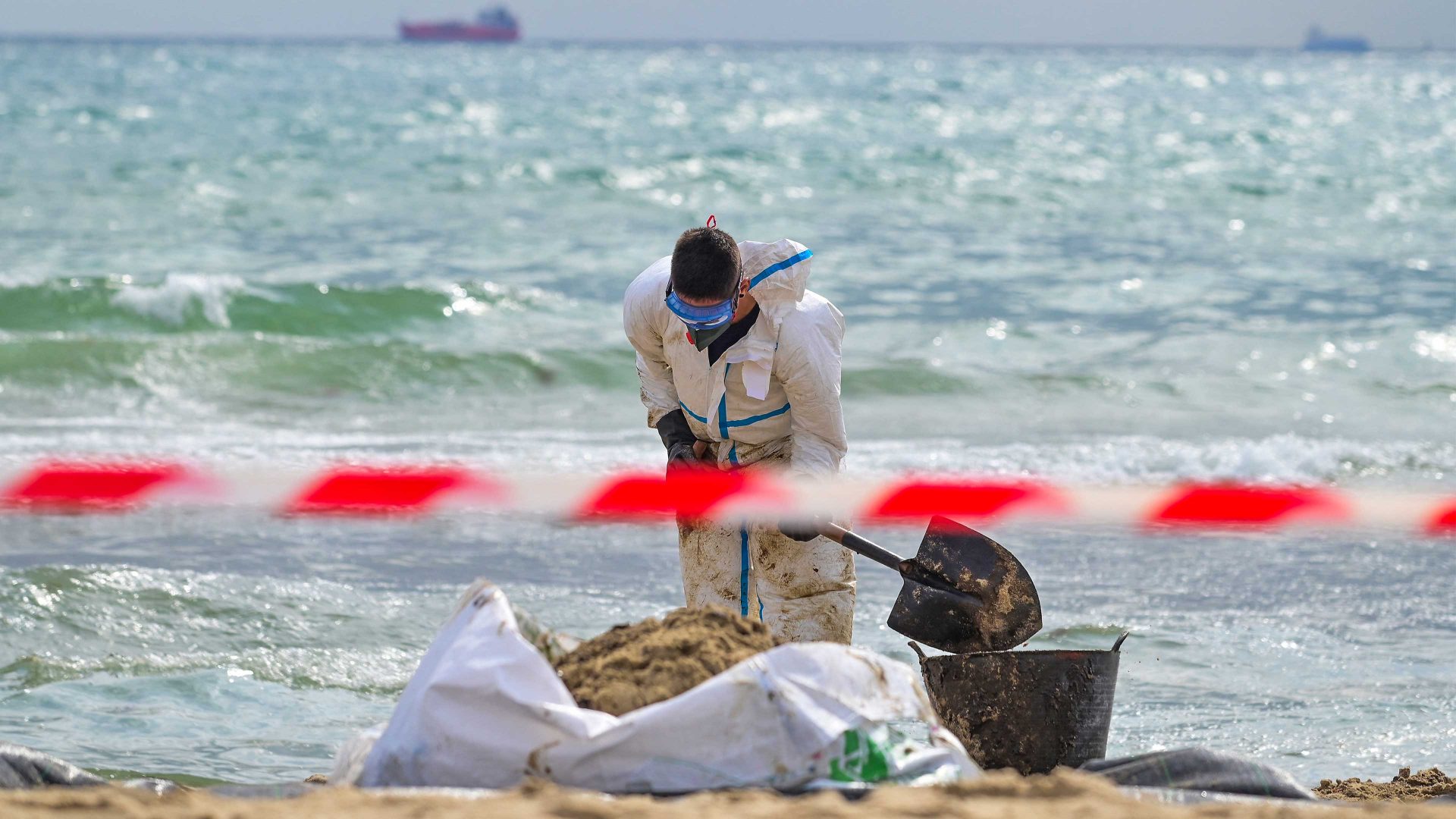It is a town that celebrates Burns night. It has a red telephone box and a shop that is stocked not only with shortbread but also with Irn-Bru. But no, you are not in Scotland – welcome to the small town of Barga in Italy.
At first glance, you’d be fooled into thinking its narrow cobbled streets lined with colourful houses and its small town square complete with a Giuseppe Garibaldi bust was a model town set in the heart of the Tuscan hills. However, something much more Scottish is going on. Of the 10,000 people who live there, around 60% claim Scottish ancestry. Twinned with East Lothian, many say the link between the two places goes back to the 19th century when the Tuscan silk industry was in decline. Many Barghigiani (people from Barga) moved from their town in search of better work prospects – and large numbers ended up in Scotland.
Another tale that explains why so many of the townspeople went to Scotland goes that the Duke of Argyll, a Scottish nobleman, caught malaria in Lucca and was taken to Barga to recuperate. He was so well looked after by the Barghigiani that he promised any of them who wanted to leave Barga that they would be welcome on his estate and that he could offer them work.
Skip to the present day, and there’s a rather sizable Italian population living in Alba – the Scottish Gaelic name for Scotland and also, as it happens, the word for “sunrise” in Italian. Scottish Italians who can trace their roots back to Barga include the musician Paolo Nutini and violinist Nicola Benedetti. Benedetti visits Barga each summer.
Some Scots-Italians come back for the occasional visit, but others moved back permanently, such as Beatrice Salvi, manager of the Villa Moorings Hotel in Barga.
“My great-grandfather, Leonello Castelvecchi, built this villa in 1924 as a means of getting the family over here for holidays,” says Salvi. “However, it’s become something a lot more than that to me.”
Castelvecchi made his way over to Largs in Scotland after deciding he wanted more from life. He first brought a taste of Tuscany to the seaside town through gelato, which he used to sell from a wheelbarrow. He became increasingly successful and eventually opened The Moorings restaurant, a 1,000-seat venue complete with cafe, ice-cream parlour, bar and ballroom. It was demolished in 1989 due to flood damage.
“He worked so hard for his successes, which have to this day benefited us a lot,” Salvi says.
Her great-grandfather, his three sons, Salvi’s parents and her older sister were all born in Scotland. But her mother, Letizia, made the decision to move back to Barga; they bought the villa that Castelvecchi had built as a family holiday home and turned it into a hotel.
“I’m a lawyer by profession, but when help was needed at the hotel I wanted to step up,” Salvi continues. “It’s where I spent happy holidays as a child and it’s a huge part of our family history, too.”
The hotel serves up haggis, particularly around Burns Night, when droves of people come to see men wearing kilts playing bagpipes in a procession and drinking whisky. Salvi tells me of how fond she is of Burns Night, as well as the annual fish and chip festival where haddock from Scotland’s waters is served.
This year the town will dish out plates of fish and chips for 16 days.
“I cannot wait,” says Salvi. “I love fish and chips, I love Scotland and I love Scottish food.”
She pauses for a moment in the middle of her enthusiasm. “I’ve never plucked up the courage to try haggis though. Maybe I never will.”
Jessica Lionnel is a freelance journalist based in Rome




